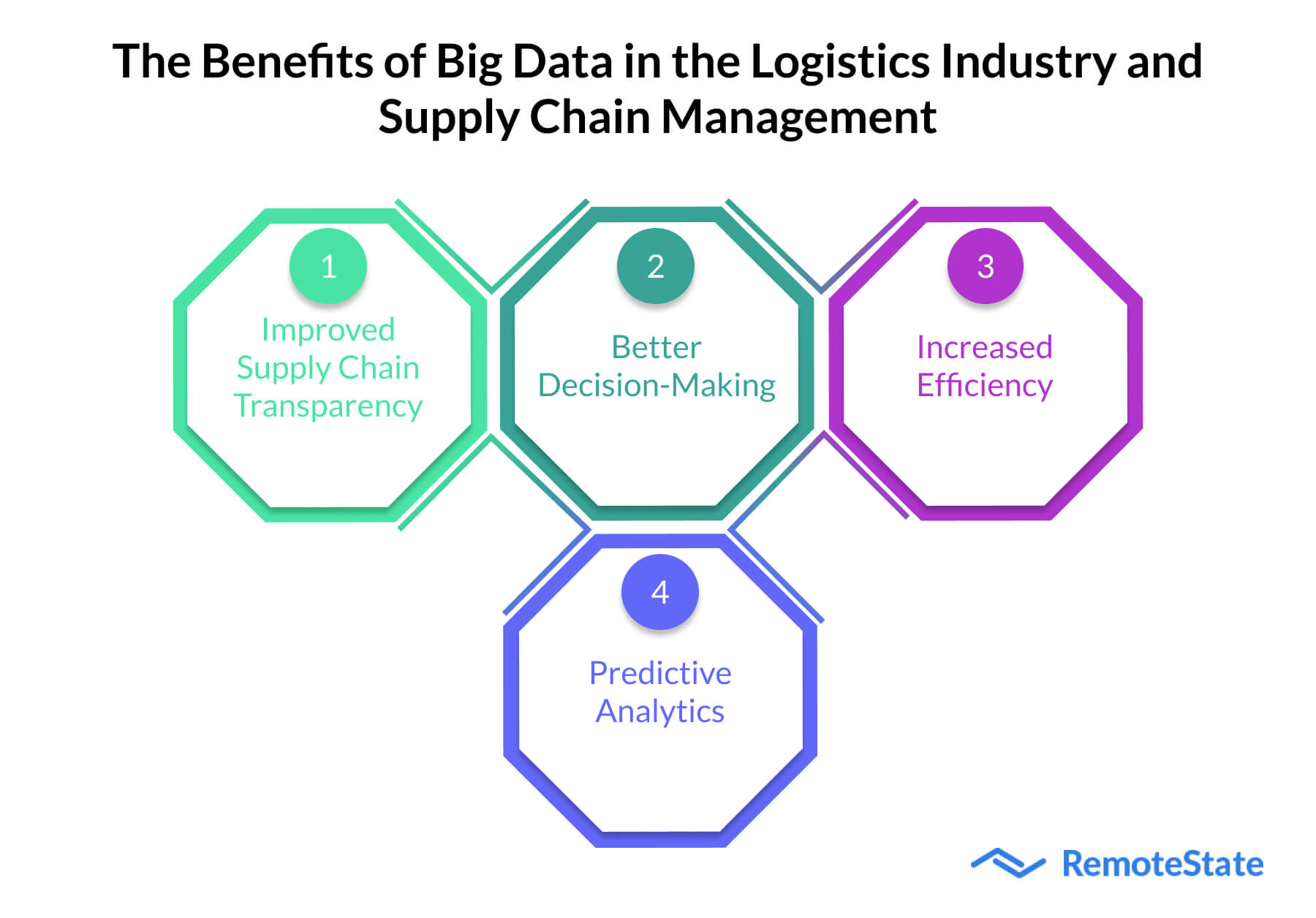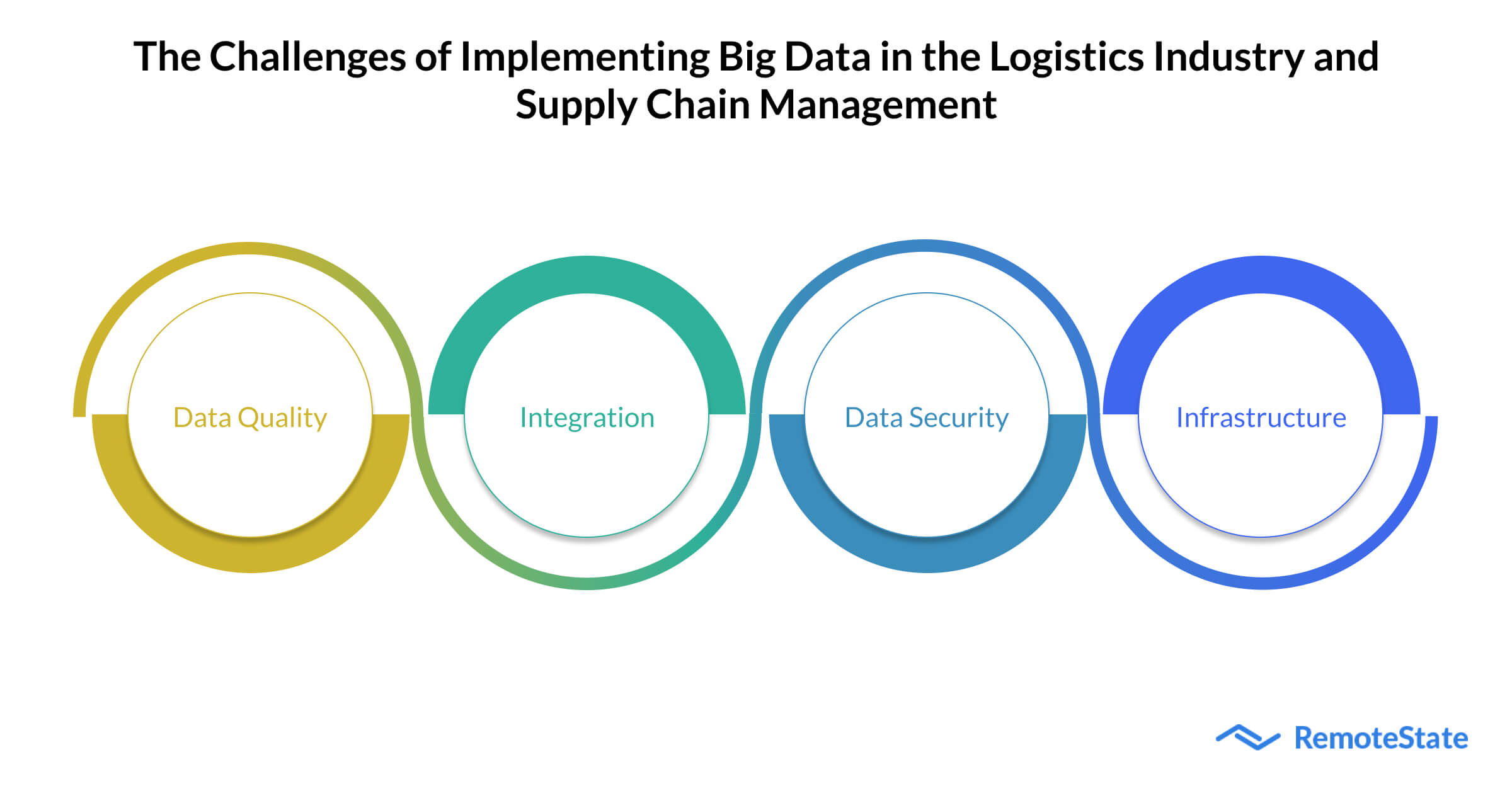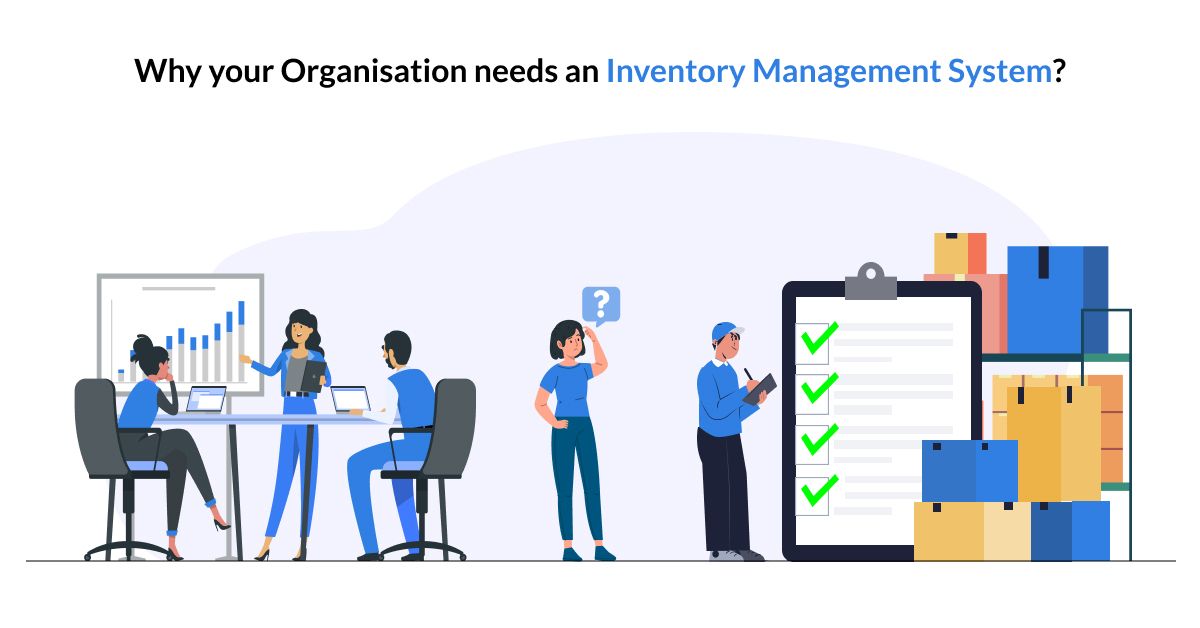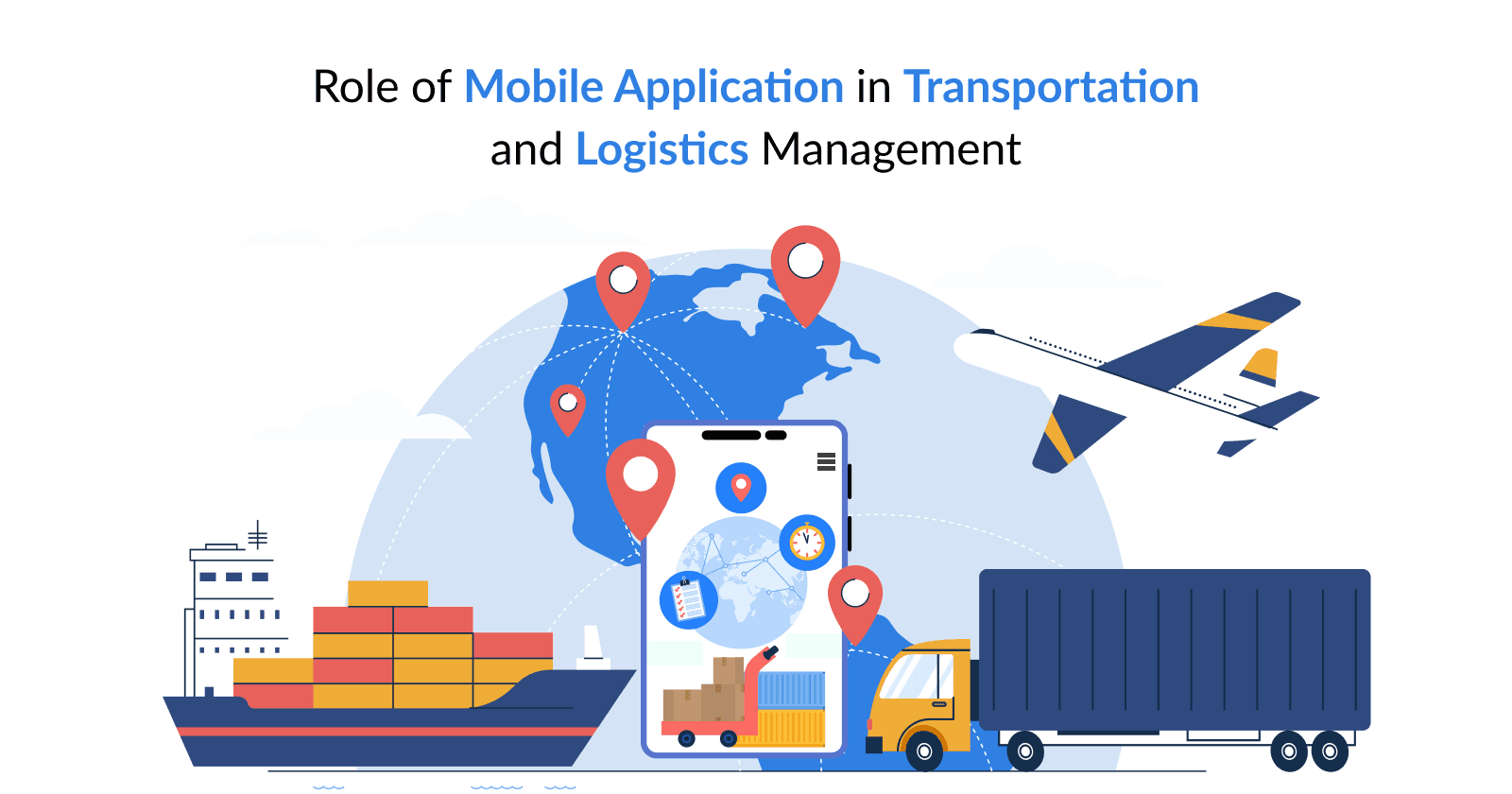Introduction
Logistics and supply chain management are complex operations that require a high level of precision and efficiency. In recent years, the use of big data has revolutionized the logistics industry, providing companies with valuable insights and analytics that can help improve their operations.
Logistics and supply chain management are complex operations that require a high level of precision and efficiency. In recent years, the use of big data has revolutionized the logistics industry, providing companies with valuable insights and analytics that can help improve their operations.
In this blog, we will explore the role of big data in logistics and supply chain management, its benefits, and the challenges associated with its implementation.
What is Big Data?
Big data refers to the vast amount of structured and unstructured data that is generated by businesses, individuals, and devices daily. This data can come from a variety of sources, including social media, customer feedback, sensors, and other sources. The key characteristic of big data is that it cannot be easily processed using traditional data processing techniques, such as spreadsheets or databases.
The Benefits of Big Data in the Logistics Industry and Supply Chain Management

The use of big data in logistics and supply chain management has several benefits, including:
Improved Supply Chain Transparency
By utilizing big data, logistics managers can gain more visibility into their supply chain operations, including tracking shipments and inventory levels. This helps companies identify and address issues before they escalate into major problems.
Better Decision-Making
Big data analytics can provide logistics managers with insights into customer behavior, demand patterns, and other key factors. By using this data to inform decisions, companies can optimize their operations and improve profitability.
Increased Efficiency
Big data can help companies streamline their logistics operations by identifying inefficiencies and bottlenecks. This leads to reduced costs and higher levels of customer satisfaction.
Predictive Analytics
By using predictive analytics, logistics companies can anticipate demand patterns, and potential supply chain disruptions, and optimize inventory levels. This results in improved responsiveness to customer demands and less risk of stockouts or overstocking.
Enhanced Customer Service
By analyzing data on customer preferences and purchasing behavior, logistics companies can better tailor their offerings to meet the needs of their clients. This leads to higher levels of customer satisfaction and loyalty.
Improved Risk Management
Big data can help companies identify potential risks in their supply chain, such as disruptions due to weather or political unrest. By anticipating these risks, companies can better prepare and mitigate potential negative impacts.
Increased Collaboration
By sharing data with suppliers and other partners, logistics companies can improve communication and collaboration across their supply chain. This leads to more efficient and effective operations overall.
The Challenges of Implementing Big Data in the Logistics Industry and Supply Chain Management

While big data has many benefits for logistics and supply chain management, there are also several challenges associated with its implementation, including:
Data Quality
Ensuring the quality of data used for big data analytics is crucial for generating accurate insights. However, many companies struggle with ensuring data quality due to the sheer volume and complexity of data they collect.
Data must be clean, accurate, and relevant to the business needs. Inaccurate or irrelevant data can lead to flawed insights and poor decision-making.
Integration
Integrating big data analytics into existing logistics and supply chain management systems can be a challenging task. Companies need to ensure that their systems can handle the volume of data generated by big data analytics and that they can integrate the insights generated into their existing workflows.
This requires significant IT expertise and investment in infrastructure and software.
Data Security
With the increasing volume of data generated by big data analytics, data security is a major concern. Companies need to ensure that their data is protected from unauthorized access and that their systems can handle potential cyber threats. Data breaches can lead to significant financial losses, legal and regulatory penalties, and damage to the company's reputation.
Skill Set
Big data analytics requires a specialized skill set that is not readily available in many logistics and supply chain management organizations. The skill set required to effectively implement big data analytics includes expertise in data science, statistics, machine learning, and data visualization.
Companies may need to invest in training their staff or hiring external experts to ensure that they can effectively implement big data analytics.
Infrastructure
Implementing big data analytics requires significant investment in infrastructure, including hardware, software, and data storage. Many companies may not have the resources or expertise to build and maintain this infrastructure.
Cloud-based solutions offer a cost-effective alternative, but they also require significant expertise to manage effectively.
Complexity
The complexity of big data analytics can be overwhelming for many logistics and supply chain management organizations. Big data analytics requires significant expertise in data science and analytics to generate meaningful insights. Companies must be able to interpret and use these insights effectively to make data-driven decisions.
Organizational Culture
Implementing big data analytics requires a significant shift in organizational culture. Many logistics and supply chain management organizations may be resistant to change or may not understand the value of big data analytics.
Companies must invest in change management initiatives to ensure that their staff is aligned with the goals of the big data analytics implementation and is motivated to adopt new technologies and processes.
Examples of Big Data in Logistics and Supply Chain Management
There are several examples of how big data is being used in logistics and supply chain management today. These include:
Predictive Maintenance
Logistics companies are using big data analytics to predict when their vehicles and equipment will require maintenance, reducing downtime and improving efficiency.
Demand Forecasting
Big data analytics is being used to predict demand patterns for products, allowing companies to optimize their inventory levels and reduce the risk of stockouts.
Real-time Monitoring
Big data analytics is being used to monitor shipments and inventory levels in real-time, allowing logistics managers to quickly identify and resolve issues before they become major problems.
Route Optimization
Logistics companies are using big data analytics to optimize their delivery routes, reducing fuel costs and improving delivery times.
Warehouse Management
Big data analytics is being used to optimize warehouse operations, including inventory management, picking and packing, and shipping.
Conclusion
In conclusion, the use of big data in logistics and supply chain management has transformed the way companies operate in the industry.
The benefits of big data include improved supply chain visibility, enhanced decision-making, increased efficiency, and predictive analytics. However, there are also challenges associated with its implementation, including data quality, integration, data security, and skill set.
By addressing these challenges, logistics companies can reap the benefits of big data and stay competitive in an ever-evolving industry.
Role of Remotestate in Helping Logistics and Supply Chain Management Companies Leverage Big Data
Remotestate can play a crucial role in helping logistics and supply chain management companies leverage the power of big data. Here are some ways in which Remotestate can help:
Big Data Strategy
Remotestate can help companies develop a comprehensive big data strategy that aligns with their business goals and objectives. This includes identifying the key data sources, defining data governance policies, and selecting the appropriate tools and technologies to collect, store, and analyze the data.
Data Management
Remotestate can help companies manage their big data infrastructure by providing support for data ingestion, storage, and retrieval. This includes setting up data pipelines, data lakes, and data warehouses, as well as ensuring data quality and integrity.
Data Analytics
Remotestate can help companies leverage big data analytics to gain insights into their supply chain operations. This includes developing predictive models to forecast demand, identifying patterns and trends, and optimizing logistics operations for cost savings and improved customer satisfaction.
Data Visualization
Remotestate can help companies visualize their big data using interactive dashboards and reports, making it easier for stakeholders to understand and act on the insights generated.
IT Infrastructure
Remotestate can help companies upgrade their IT infrastructure to support big data analytics, including hardware and software requirements, networking, and security.
Staff Augmentation
Remotestate can provide staffing solutions to augment a company's existing team with big data experts. This includes providing access to a pool of skilled data scientists, engineers, and analysts who can help companies achieve their big data goals.
In summary, Remotestate can help logistics and supply chain management companies leverage big data to gain a competitive advantage by developing a comprehensive big data strategy, managing data infrastructure, providing data analytics and visualization, upgrading IT infrastructure, and providing skilled staff augmentation services.
By partnering with Remotestate, logistics companies can leverage the latest technology and stay competitive in an industry that is rapidly evolving.
Contact us today to learn more about how we can help your business achieve its goals.
FAQs
What is the role of big data in transportation?
The role of big data in transportation is to provide real-time insights into the movement of goods, optimize delivery routes, and reduce transportation costs.
How is big data used in supply chain management?
Big data is used in supply chain management to optimize inventory levels, predict demand patterns, monitor shipments in real time, and improve warehouse operations.
How can companies ensure the quality of their big data?
Companies can ensure the quality of their big data by ensuring that their data is clean, accurate, and relevant to their business needs. They can also invest in data cleaning and validation tools.
Publication Date
2023-03-16
Category
Logistics
Author Name
Sajal Nehra


